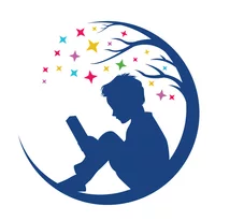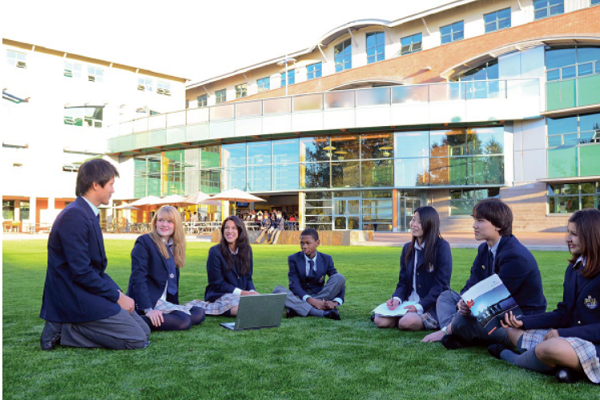For Pre-Teens

 Why should we learn about how our brain works and coping skills when we are 9-12 years old
Why should we learn about how our brain works and coping skills when we are 9-12 years old
When we become pre-teens, in 4th, 5th and 6th grades, our brains are able to understand many more difficult ideas, including how our brain works. The human brain is nearly fully developed by age 11 or 12. Also, at this time our brain begins to change and prepare for the teenage years ahead. Coping skills are brain habits. If we don t learn these healthy habits during our pre-teens, we may not be prepared for the many emotional changes and challenges that affect our brain s ability to get over stress, anger and sadness. Since feelings start in our brain, the more we learn about how our coping brain works the more capable and confident we are about getting over everyday upsets.
 Can learning coping skills actually help me learn things at school?
Can learning coping skills actually help me learn things at school?
Here s what scientists are finding out about stress and coping, memory, attention and learning. When we can t deal with difficult experiences that cause us stress, we need to develop more effective coping skills. Why? If we stay under stress and anger or sadness for long periods of time our brain releases stress hormones, substances that can interfere with our brain s ability to learn and pay attention in school. This same brain area also stores emotionally painful experiences. So when we can t get over upsets and stress, our brain actually loses some of its ability to pay attention, use thinking skills and store new information. Using healthy coping skills to deal with stress can help our brain to focus on learning new facts and ideas we re expected to know. Our ability to learn depends on using our thinking (neurocortex) brainour largest coping brain function where we have higher level skills for learning math, social studies, English, other languages and even music. So when we practice brain coping skills we not only feel better, but are able to learn better.
 How can the ability to cope with anger and sadness help us to like ourselves more?
How can the ability to cope with anger and sadness help us to like ourselves more?
Let s say that we often feel stressed and filled with anger or sadness. That can affect how much we like our self. When we can t cope or easily get over anger, sadness and upsets, our brain may issue “danger warnings” or stress signals that release chemicals (hormones) that cause even more stress. It may seem like “Something must be wrong with me!” But when you can control the way your brain deals with stress, you are less likely to develop physical, emotional and behavior problems. If you haven t learned healthy coping skills, parents and teachers may say “You don t have enough self-control.” This can mean you haven t learned self-management coping skills or know how to use coping tools to help your thinking brain “figure out” better ways to get over stress. Since stress often comes when our feelings are upset, learning healthy coping skills can help us be more “in control” and confident that we can get over those difficult times. This increases our ability to better deal with emotional upsets the next time that happens. This is why “liking our self” often begins by learning to use our brain s coping power. Once we start learning to control brain coping patterns, it becomes easier to use these skills which helps us like our self more. Then when we get upset we won t feel the urge to punish others, our self, or feel ashamed that we can t do anything about it.






